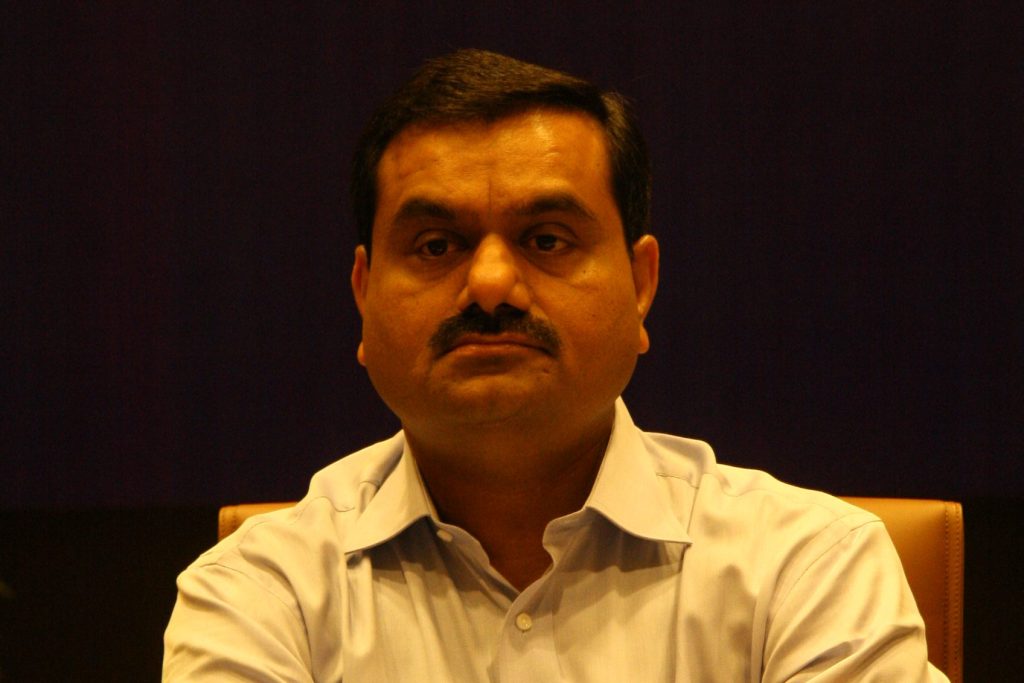We spoke to Karen Sands, COO of Federated Hermes Private Equity. She holds overall responsibility for the financial oversight of corporate and fund finance, the financial control environment, systems, and operations.
Tell us about yourself

Photo: Private
I am the COO of Federated Hermes’ Global Private Equity (GPE) business. I have overall responsibility for ensuring a best-in-class organizational infrastructure for clients, investment teams and business development activities. My role involves growth strategy design and implementation including the planning and prioritization of strategic initiatives. I sit on the Federated Hermes Private Markets Management Committee, and I am a member of the Federated Hermes GPE Senior Management Team. I previously worked in finance at Matrix Property Management and began my career at Equity Asset Management.
I am Vice-Chair on both Invest Europe’s Professional Standards Committee and the Working Group on Accounting Standards, Valuation and Reporting. I am also Vice Chair of the British Venture Capital Association’s Accounting, Governance & Reporting Committee.
I am a Member of the Chartered Institute of Management Accountants and a Chartered Member of the Chartered Institute for Securities and Investment. I hold a BSc (Hons) in Psychology with Criminology and a Master of Arts in Psychoanalysis. At the Real Deals 2021 The Drawdown Awards, I received the accolade of “COO of the Year”.
What are your areas of expertise?
Throughout my career, I have always been party to client interactions which has provided me with a broad perspective on their needs. Applying this, along with my background as a qualified accountant and experience in delivering various strategic initiatives has given me a full toolkit to access in the pursuit of supporting operational excellence.
In addition, having spent two decades in private markets; originally in funds finance (real estate, private equity and infrastructure), followed by group finance, then progressing to Finance Director/CFO and now COO, this has provided me with solid financial and business acumen. That coupled with my academic background in the understanding of human behavior, has enabled me to navigate complex transactions and situations, whilst playing a role in the evolution and growth of the business and its strategy.
What do you most like about your work?
In my current role as COO, sometimes it requires a technical specialist mindset and at others commercial acumen is needed – both are very necessary to allow you to see multiple perspectives and ensure that you’re speaking the right language.
What has been the proudest moment of your career?
In 2017, as a response to unprecedented level of external pressures in private equity (including regulation, increased investor demands, technology and calls for greater transparency), I proposed a concept to publishing house Private Equity International for a book on thought leadership around the operational issues facing private markets firms, as well as usable best practice articles on how to navigate through these issues and deliver operational excellence.
Many industry practitioners and private equity firms contributed to the publication, and in April 2018, Inside the Fund Management Firm was published, edited by me. Shortly after this publication I was asked to join Invest Europe and the BVCA committees, which I am extremely proud to be a part of.
What advice would you give a woman starting in private equity?
Women bring different priorities and valuable perspectives to the table in comparison to their male colleagues, which supports more successful and sustainable management. We live in a diverse society and the diversity of thought this creates must be included in all walks of life – including investing.
As an industry, we need to make the attainment of success more achievable and accessible for women in the traditionally male-dominated environment. With this in mind, my advice would be to build a network early on as this will provide opportunity and support to aid progression.
How important are ESG labels ?
ESG labels seek to provide clarity to investors, ensuring they are informed and understand the impact investments are seeking to deliver. Investors will consider ESG labels as part of their investment decision-making process and alter their buying decisions based on these labels.
Importantly the labels will clearly demonstrate actual meaning, rather than implied or inferred meaning. This will enable demand side changes to eventually alter supply into more sustainable investment options, which is crucial if we are to reach net zero goals.
In addition, given the complexity and judgment surrounding ESG matters, the inherent risk of greenwashing remains high. Without labels, organizations are at liberty to define their own terms as they deem fit, meaning definition, application and interpretation are inconsistent.
This nebulous state does not lend itself to the creation of a system with actual real-world impact and outcomes. However, for ESG labels to work in reality, and give the intended outcome, it is crucial for them to be clear, simple and enforceable by supervisory bodies.
Do you see AI as a threat or an opportunity?
GenAI undoubtedly provides very exciting opportunities, with the potential to transform the way we work at all levels of an organization. As with any emerging technology, the expectation of how this can be applied in the short term is likely to be overambitious, whilst also underestimating the long-term role that technology can play.
The impact of GenAI will only become clearer with time. Whilst it will change working practices, it will not displace the need for human intelligence due to our unique ability to perceive emotion, negotiate and care which are core to working dynamics. It is therefore important to consider how this technology will be augmented alongside the human capital which continues to deliver value that is core to our businesses.
Use cases, along with the technology, continue to evolve. Significant value is likely to come through completing tasks that cannot be performed today due to capacity, such as scouring thousands of pages of investment documents for unsubstantiated statements – allowing us to sharpen our focus and increase productivity – whilst freeing up resources to do work that brings greater satisfaction to them.
This technology has and continues to develop at an unprecedented pace. It is critical to ensure that regulation, security, and governance can evolve and keep pace, providing guiderails to help steer a safe course.
Is there any regulation which will be a focus in 2024?
In 2023, we saw a growing regulatory scrutiny of the private markets from regulators such as the FCA in the UK and SEC in the US and expect this theme to continue into 2024.
What advice would you give to your younger self?
My father has always been my inspiration for my career – with his work ethic and intellectual curiosity he built a successful career in another field. We had a father-daughter bet that one day I would have more letters after my name than he did … After completing my undergraduate (BSc), postgraduate (MA) and professional qualifications (Accountant and Investment Operations) – I now have!
So my advice to my younger self would be to listen to those who you admire, respect and value, whilst taking responsibility for your own decisions and actions. Focus on what you can control, and don’t waste time and energy worrying about what you can’t.
Can you recommend a good book?
I would highly recommend the book Invisible Power: Insight Principles at Work: Everyone’s Hidden Capacity by by Dr. Ken Manning, Robin Charbit, Sandra Krot.













